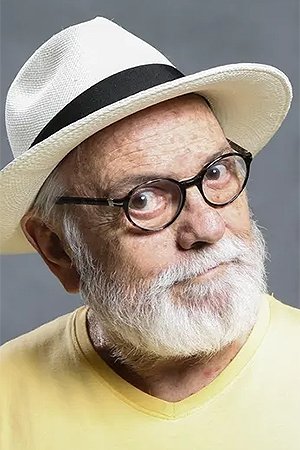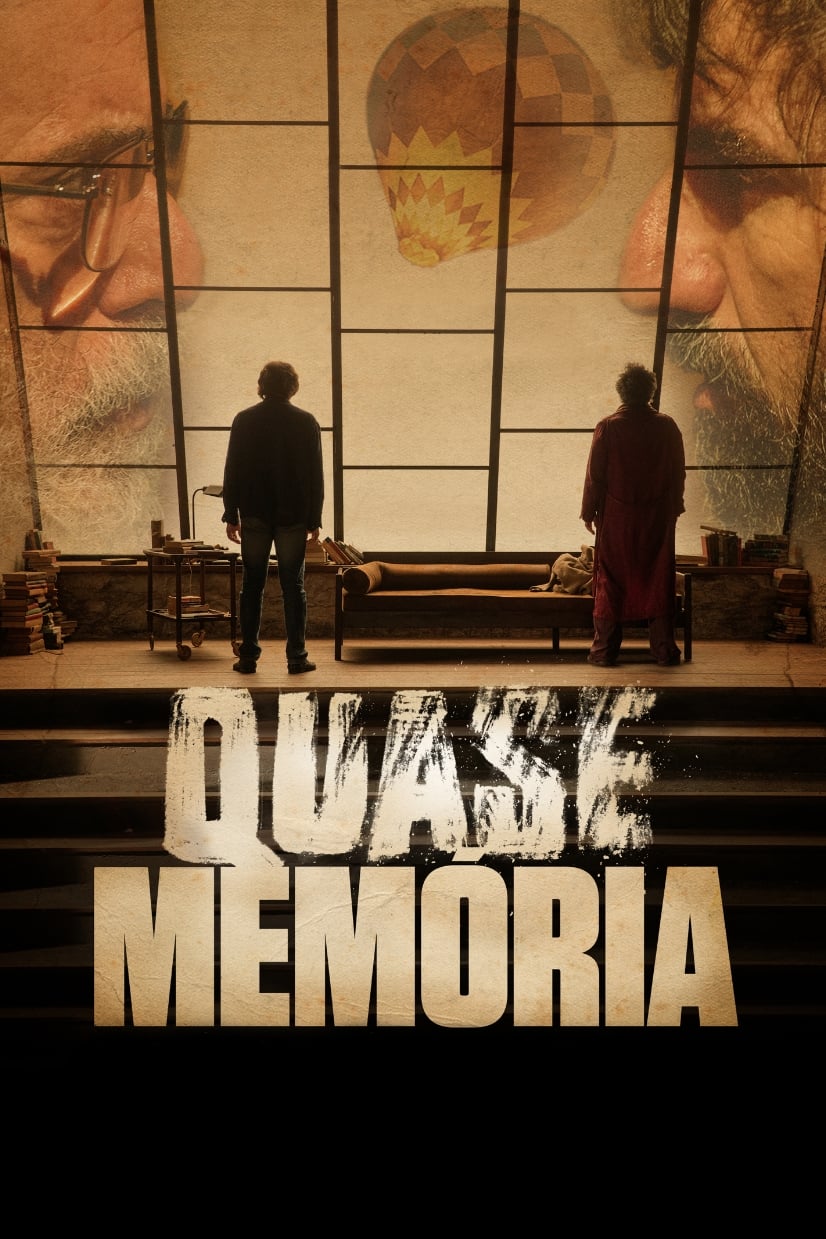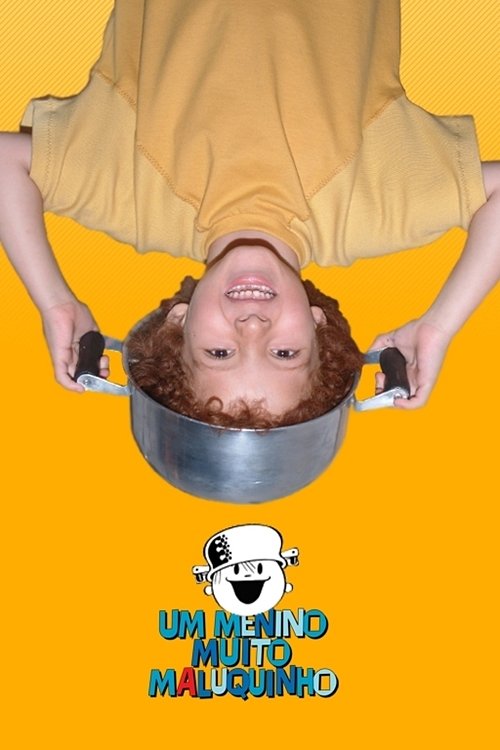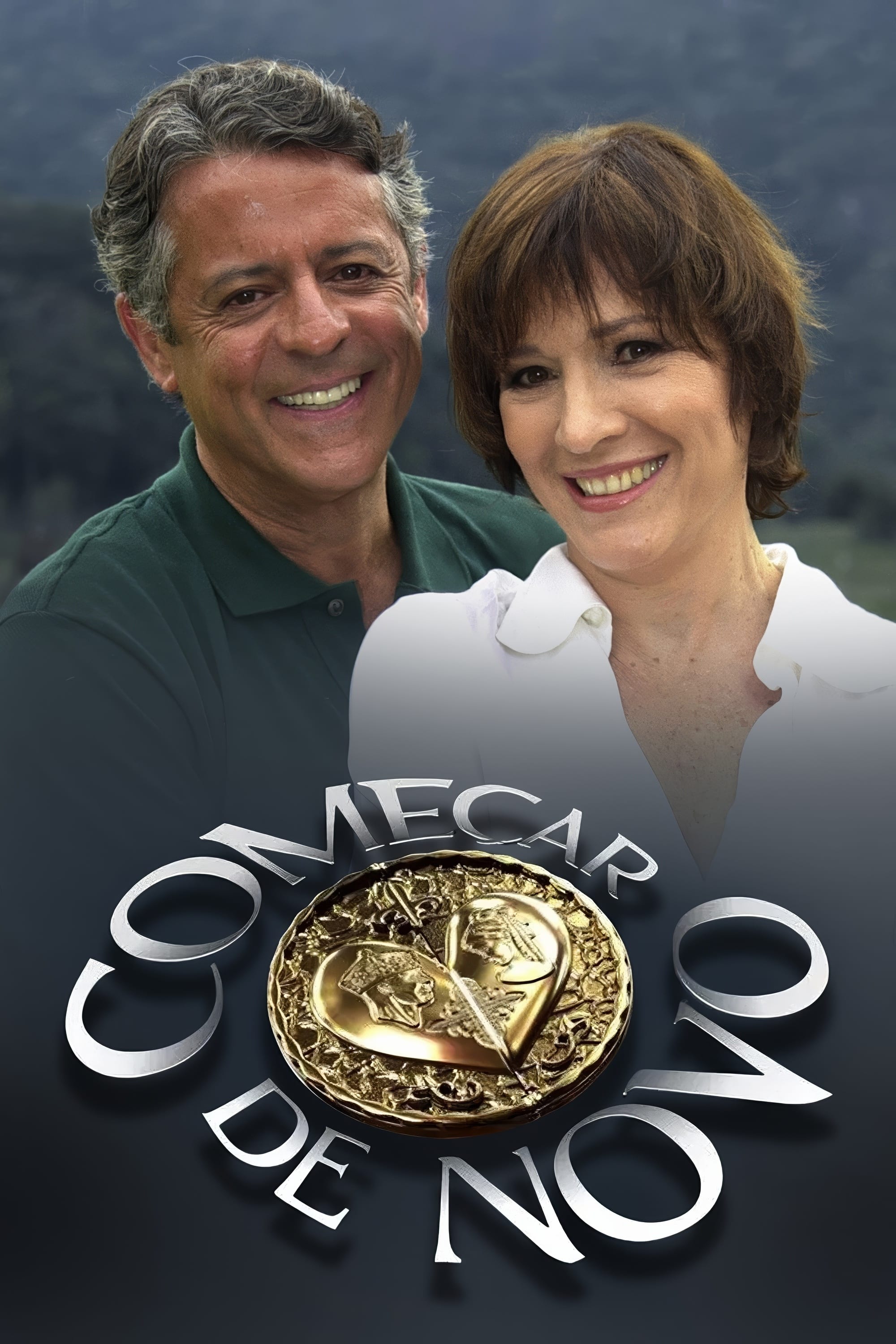

The documentary is a tribute to Theater based on the trajectory of Clarice Niskier who made her job her own lifestyle. As a central axis, interviews with the three directors with whom Clarice developed long partnerships: Domingos Oliveira, Eduardo Wotzik and Amir Haddad. Through an intimate and sensitive look, the film reveals her passion for the craft, her life experience, her poetic worldview, her spiritual and intellectual search, pains, joys, losses and gains. Clarice makes the black box the more than perfect symbol of her own Universe: the Theater.

Sisters Mirian and Mirelly were born in the interior of Goiás, but live in different cities. When their mother disappears, the two put aside their differences and come together to look for her, on a journey that could change their lives.

In six decades, Teatro Oficina has done more than revolutionize theatrical language in the country: the aesthetic influence of José Celso Martinez Corrêa's company extends from Tropicalism to the renewal of Brazilian audiovisual languages from the 1960s onwards. The film revisits a story that it involves personalities such as Caetano Veloso, Glauber Rocha, Lina Bo Bardi, Chico Buarque and Zé do Caixão, brings together scenic art, ecology, architecture and sexuality, and mixes art and life in the search for a Brazilian based language.

During Expo-Bruxas, the largest wizard fair in the world, Pippo, Bento and Sol travel to Italy to investigate the disappearance of the sorceress Berenice, who was kidnapped by the wizards Máximo and Mínima Buongusto. With teamwork and the help of Pippo's grandmother, they will try to solve this mystery.

Carlos is a man doomed by restless memories, that meets with himself, in a time warp. Young Carlos faces the forgetfulness of old Carlos, who doesn't recognize his own appearance. They get a package. But the package seems odd. The knot that ties, the smell, the handwriting on the envelope: this could only be sent by his father, Ernesto, who has been dead for many years. A father who always created unusual situations. In this time warp, Carlos is split in two: one Carlos remembers and the other forgets the moments he spent with his father.

At a Rio de Janeiro motel, an unexpected emergency places all the guests under quarantine. The problem? Not everyone is supposed to be there.

The life of Fabio and Miá falls into the rut when differences, which are not few, need to be faced. After Fábio forget the third wedding anniversary, Miá decides to ask for a time in the relationship. When Fábio's grandfather, who lives in Portugal, tells him that he was a widower, he sees on this trip to the funeral an opportunity to save his marriage.

João Ernesto Ribamar is a corrupt politician running for the presidency. He is in the runoff election, ahead on the polls, when he receives a "mandinga" (curse) from his grandmother, which makes him unable to lie. Now the problem begins: How to win an election by telling only the truth?

The adventures, dramas and lessons learned from a smart, nutcase boy who uses a saucepan as his hat, in three stages of his life: with five, ten and thirty years.

Começar de Novo is a Brazilian telenovela produced by Rede Globo and displayed in its traditional schedule of 19 hours between 30 August 2004 and April 16, 2005. Presented Natália do Vale, Marcos Paulo, Eva Wilma, Werner Schünemann, Carlos Vereza, Giselle Itié, Vladimir Brichta, Carolina Ferraz and Marília Pêra in the lead roles.
Antônio Pedro Borges de Oliveira (Rio de Janeiro, November 11, 1940 – Rio de Janeiro, March 12, 2023) was a Brazilian actor, director, screenwriter and producer of cinema, television and theater.
By browsing this website, you accept our cookies policy.